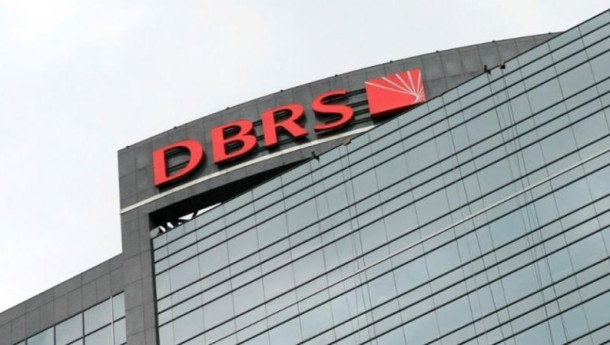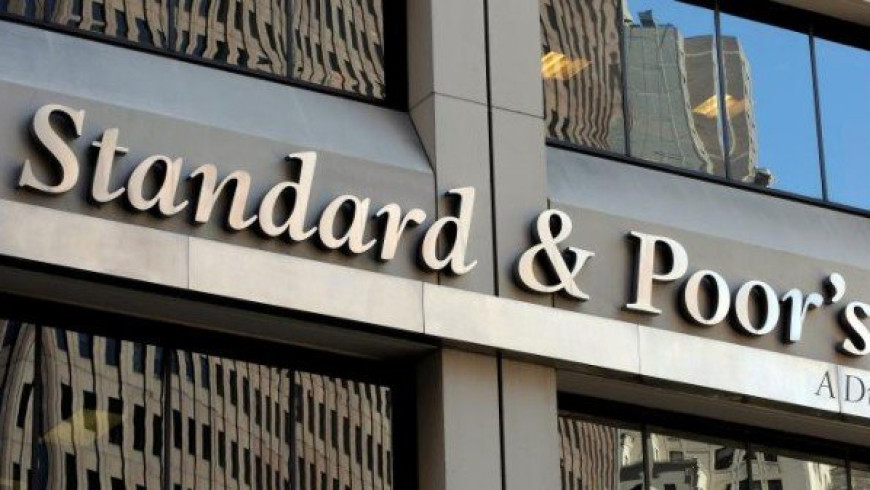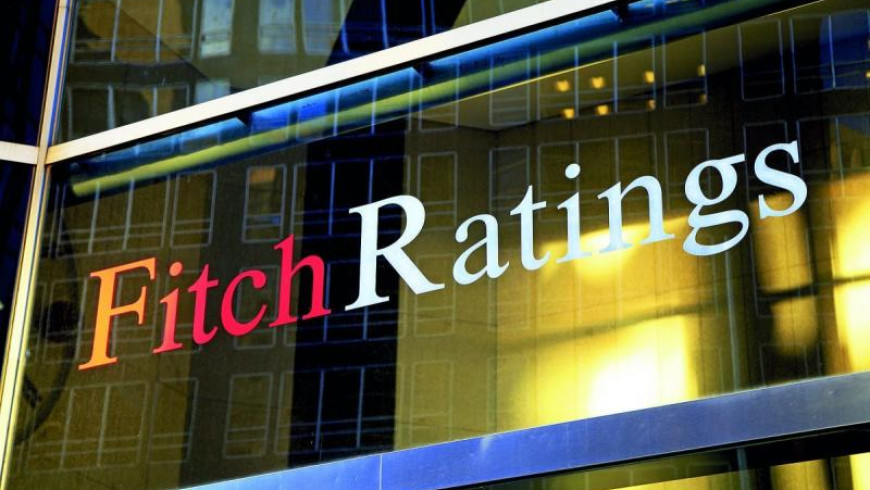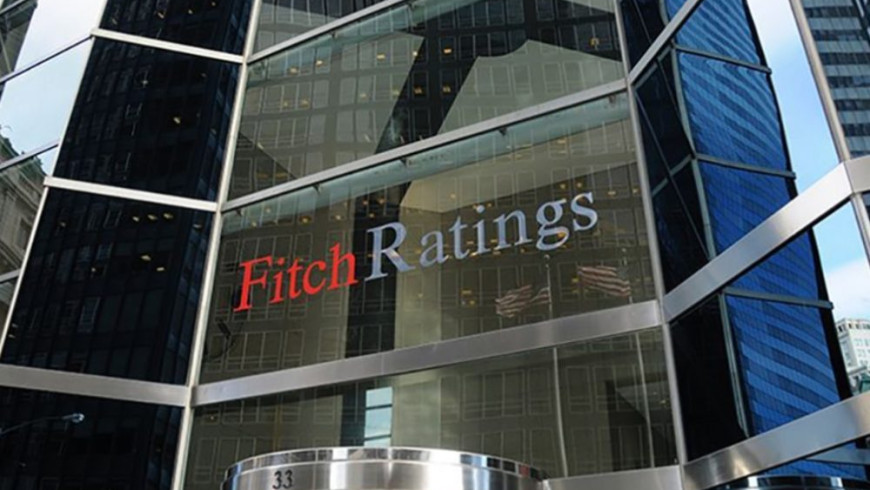
Credit rating agency DBRS highlighted the different journeys taken by Cyprus and Greece in addressing their non-performing loans (NPLs), in a report published on Friday.
DBRS points out that Greece and Cyprus started their NPL resolution journey with close to half of all loans classified as nonperforming but, as at Q4 2022, both countries had reduced their overall NPL ratio to less than 5%.
The two countries differ in their loan market size, it is noted, with Greece's loan market approximately six times that of Cyprus as at Q4 2022, and in their sovereign rating, with Greece rated at BB (high) and Cyprus rated at BBB, both with a Stable trend.
Given the vast difference in the lending market size in these two countries, while large as a percentage of total loans, the Cypriot NPL problem was much smaller in nominal terms. The rating agency notes that the Central Bank of Cyprus' aggregate banking-sector data starts as at 2017 and shows total NPLs and advances of EUR 20.6 billion for that period. As a result, the reduction in Cypriot NPLs on bank balance sheets was faster.
It is also noted that the surrender of Cyprus Cooperative Bank Ltd.’s banking licence in August 2018 and the conversion of the residual entity to an asset management company had a substantial effect on total NPLs held by the country's banking sector, which almost halved to EUR 11 billion by September 2018. Following multiple sales to international investment funds, this amount stood at EUR 2.3 billion as at the end of February 2023.
In contrast, it is said, the PQH Single Special Liquidation S.A. was established in 2016 and its appointment to act as the single special liquidator for all credit and financial institutions under special liquidation in Greece, covering around 20 banks, did not have as large an effect on the reduction of NPLs, mainly because after the Greek banking consolidation, the four systemic banks (Alpha Bank, Eurobank, National Bank of Greece, and Piraeus Bank) contributed 95.7% to the lending market.
DBRS points out that the programme Hercules (HAPS ) was introduced in Q4 2019, and after that there was a much faster decline in the NPL ratio to 12.1% by 2021 and 8.2% by 2022.
While there are 23 credit servicing firms operating in Greece, it is noted, the majority of non-performing exposures are managed by a smaller number comprising doValue, Intrum, Cepal, and Quant. In contrast, there are only five credit servicers licensed by the Central Bank of Cyprus: Altamira, Gordian Servicing, Themis, APS, and Hoist.
While the NPL ratios on bank balance sheets reduced to less than 5% in both Greece and Cyprus, it is added, the actual workout of these loans is still underway and the workout responsibility is concentrated in a small number of credit servicing firms in both countries.
Conclusively it is noted, in the beginning, the difference in the NPL resolution journeys of banks in Greece and Cyprus stemmed from the difference in the size and composition of their loan markets. Cyprus Cooperative Bank Ltd.'s NPLs were a noteworthy part of the total Cypriot bank NPLs and the conversion of the residual entity housing the NPLs to an asset management company gave the country's banking sector a head start. In addition, the smaller size of total Cypriot NPLs made it easier for investment funds to absorb the Cypriot NPLs. The larger size of the Greek loan market, dominated by the equally sized four systemic banks, led the country to using the government sponsored HAPS.
“Through different NPL journeys, the two countries arrived at NPL ratios less than the 5% threshold and the second wave of NPLs, anticipated in the medium term, has not yet materialised”, it is added.
DBRS also says that in both countries, the servicing of NPLs is in the hands of a concentrated number of servicers and the majority of the business plans are still to be worked out. Portfolio sales out of existing structures could be the next step.
As portfolios continue to change hands, says the report, structured finance adapts to the needs of the changing market and continues to play a vital role in the rating of securitisations outside asset protection programmes.














 3287.99
3287.99 1275.09
1275.09
